As the festive season approaches, our homes fill with the warm glow of twinkling lights, the aroma of delicious treats, and the joy of spending quality time with loved ones, including our beloved pets. However, amidst the festivities, there are hidden dangers that can pose serious risks to pets. We want to shed light on some common Christmas poisons and offer essential advice on how to keep your pets safe during this joyful time.
1. Chocolate
Ah, the sweet temptation of chocolate! It’s an indulgence we humans love, but did you know it’s toxic to our pets, especially dogs? Chocolate contains theobromine, a substance that can cause vomiting, diarrhoea, rapid breathing, increased heart rate, seizures, and even death in pets. Ensure all chocolate treats are kept well out of reach.
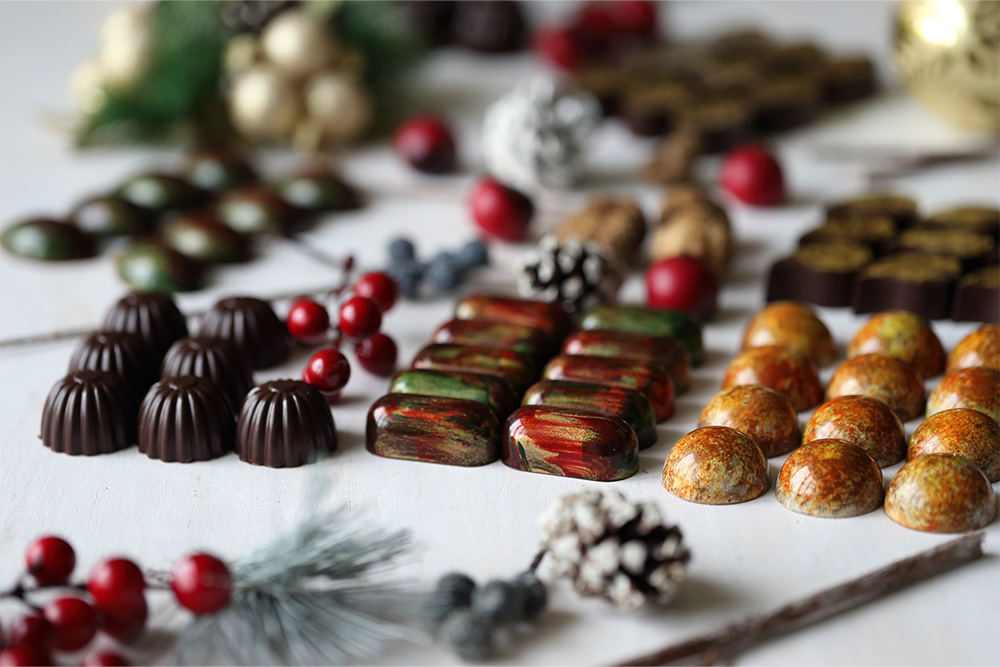
2. Mistletoe and Holly
These festive plants might add a touch of greenery to your home, but they can be harmful to your pets if ingested. Mistletoe, especially the European variety, can cause severe digestive upset, difficulty in breathing, slowed heart rate, and even hallucinations. Holly can lead to vomiting, diarrhoea, and lethargy. Opt for pet-safe alternatives to adorn your home.
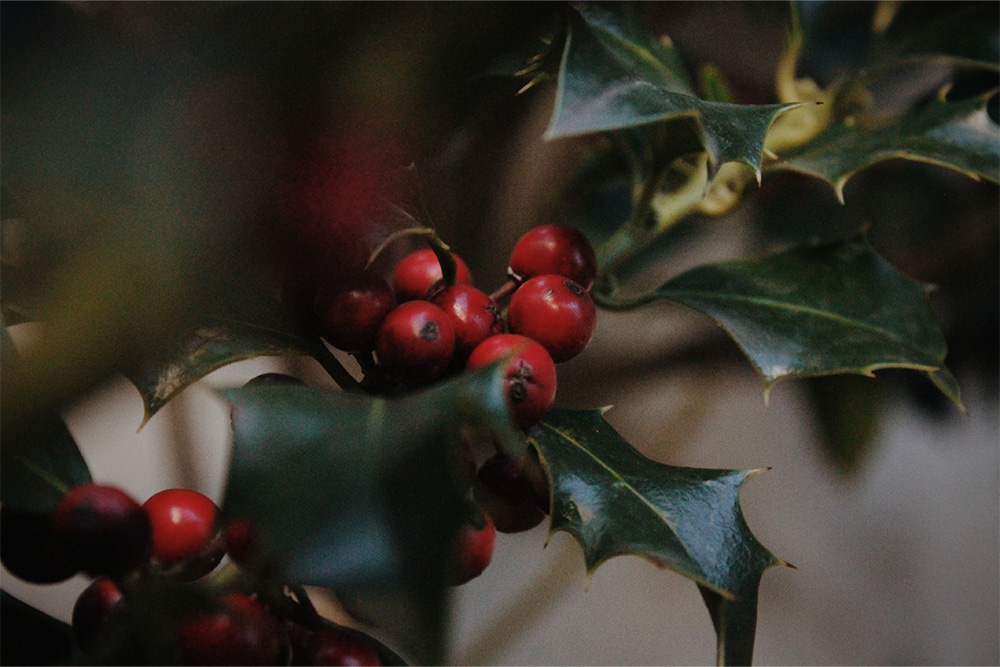
3. Christmas Puddings and Cakes
While these treats are delightful for us, they often contain raisins, currants, and sultanas, which are toxic to pets. Even in small quantities, these dried fruits can cause kidney failure in dogs and cats. Keep all baked goods containing these ingredients well out of reach of your pets.
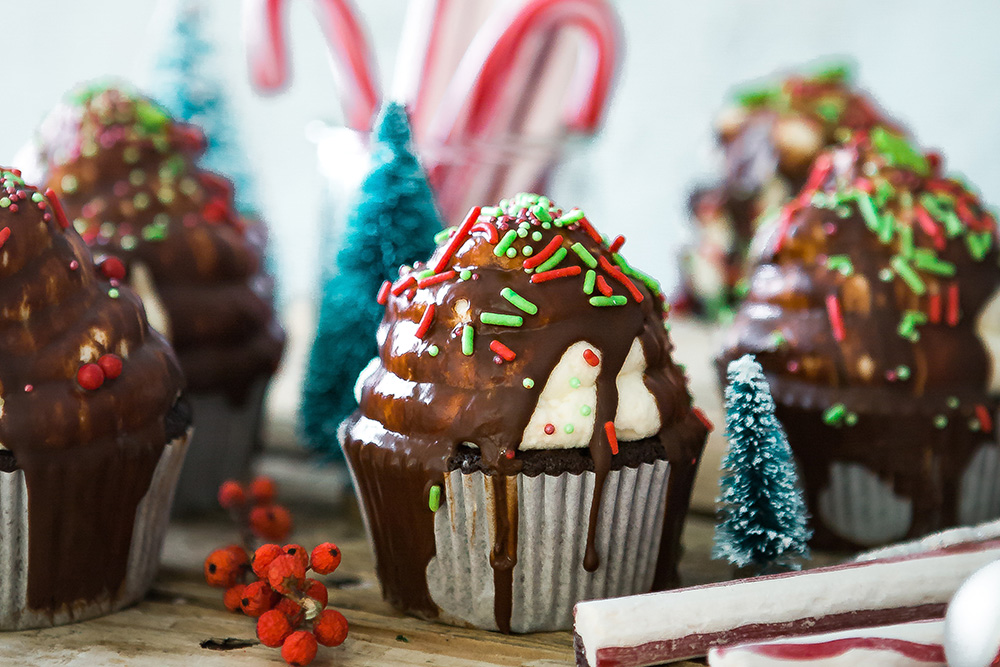
4. Alcohol
As we toast to the festive season, it’s crucial to keep alcoholic beverages away from our pets. Alcohol can cause intoxication, leading to vomiting, loss of coordination, and in severe cases, respiratory failure. Always secure your drinks and clean up any spills promptly.
5. Christmas Decorations
Christmas baubles, tinsel, and ribbons might look enticing to your pets, but ingesting them can lead to choking, digestive blockages, and serious injuries. Be mindful of where you place your decorations and supervise your pets around them to prevent accidents.
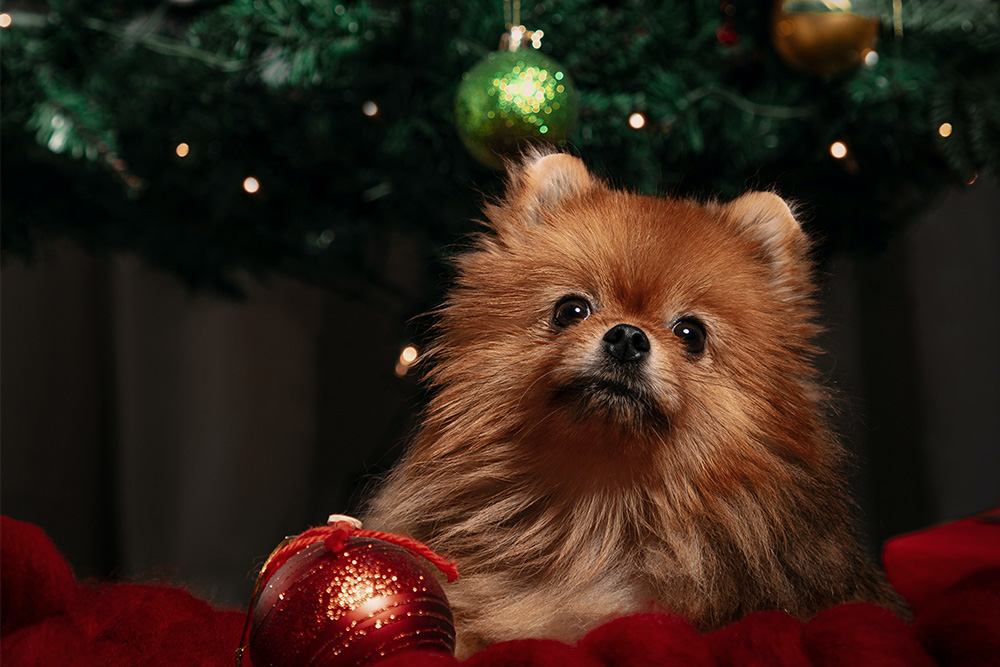
6. Candles
The soft glow of candles creates a cosy atmosphere, but curious pets can knock them over, causing burns or even starting a fire. Opt for flameless LED candles to eliminate this risk while still enjoying the ambiance.
7. Poinsettias
While not as toxic as once believed, poinsettias can still cause mild irritation to your pet’s mouth and stomach if ingested. It’s best to keep them out of your pet’s reach or opt for artificial ones to be on the safe side.
8. Onions and Garlic
These common cooking ingredients, often present in festive dishes, can cause severe gastrointestinal distress and damage your pet’s red blood cells. Avoid feeding your pets any food containing onions or garlic, and store them safely out of reach.
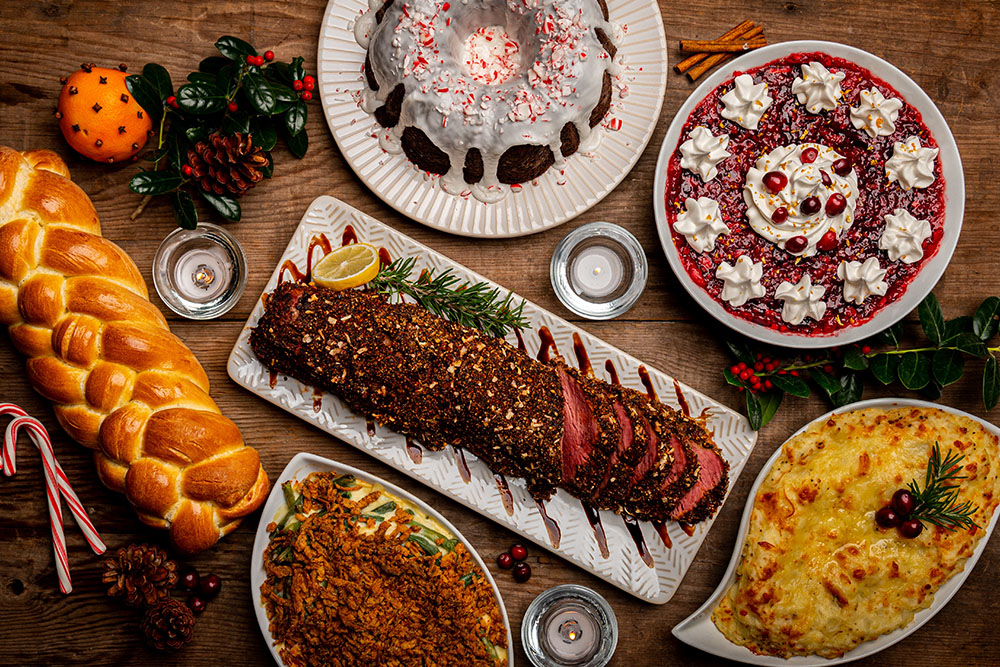
9. Xylitol
This sugar substitute is found in many sugar-free treats and can cause insulin release in dogs, leading to hypoglycaemia (low blood sugar). Symptoms include vomiting, loss of coordination, and seizures. Check ingredient labels carefully and keep products containing xylitol well away from your pets.
10. Bones
While it might seem natural to treat your pets with bones during the holidays, cooked bones can splinter and cause choking, internal injuries, or blockages. Instead, offer safe, specially designed pet chews to satisfy their chewing instincts without the risks.
Wishing you, your family and your pets a safe, joyful, and pet-friendly Christmas! If you have any concerns or need further advice, please don’t hesitate to reach out to us. Your pet’s well-being is always our top priority.
Worried your pet has consumed something dangerous?
Remember, in case of any suspicion that your pet has ingested a potentially harmful substance, contact us immediately or your nearest emergency veterinary clinic. Time is of the essence when dealing with poisoning cases.
If you are at all worried your pet has consumed something dangerous, please contact us as soon as possible by calling 01980 621 999